You ever check your bank statement and think, “Wait… where did that $8 go?” Spoiler alert: it didn’t vanish. It got sneakily siphoned off by a bank fee so quiet, it practically tiptoed out of your account wearing fuzzy socks. And the worst part? If you’re retired or close to it, these little charges can hit even harder—like financial paper cuts that just keep stinging.
Whether it’s a charge for using the “wrong” ATM, a penalty for not touching your savings, or a fee for simply daring to get a paper statement, the banks are out here nickel-and-diming like it’s an Olympic sport. And let’s be real: you didn’t work all those decades just to have your nest egg drained by invisible nonsense. So if you’re trying to keep more of your money in your account where it belongs, here are 12 bank fees that are sneakily draining your retirement funds—one tiny deduction at a time.
1. Monthly Maintenance Fees
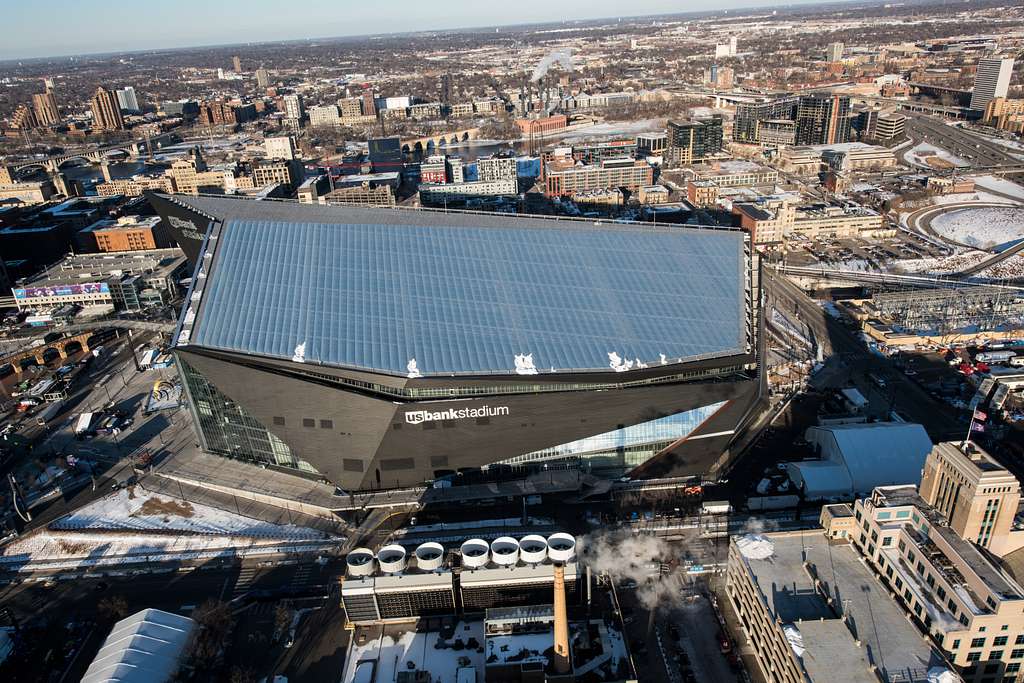
This one’s the OG of passive-aggressive charges. You’re literally paying the bank to hold your own money, like paying rent on a room in your own house. Monthly maintenance fees can range from $5 to $25, and they often get waived only if you meet a bunch of random requirements (minimum balance, direct deposit, interpretive dance performance, etc.). These fees are especially brutal in retirement when you’re not getting a regular paycheck.
According to Forbes, big banks made billions off these fees in recent years, which feels a little scammy considering how digital everything is now. Why are we paying for something that mostly runs on automation? It’s not like your checking account needs a butler.
If your bank’s charging you just to exist, it might be time to switch to one of the many no-fee online banks. Because unless that $15/month comes with snacks and a foot rub, it’s just not worth it.
2. ATM Fees (Especially Out-of-Network)
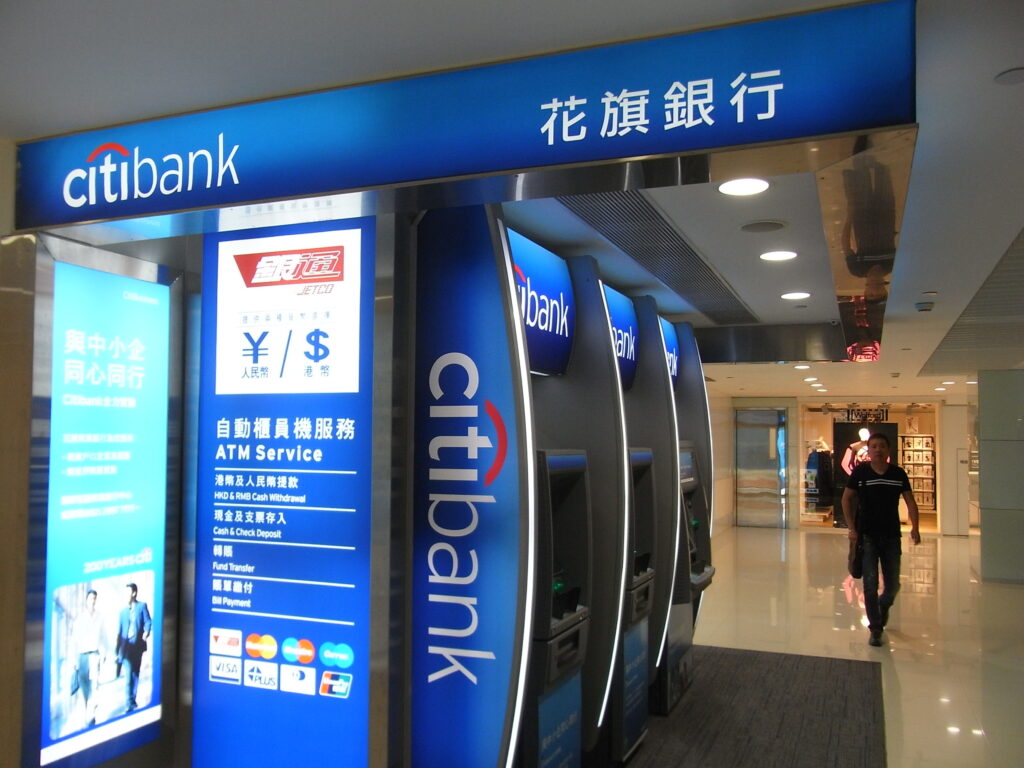
We’ve all been there. You’re out, you need cash, and the only ATM in sight charges a “small” fee to withdraw your own money. Spoiler alert: that “small” fee often turns into a $7 hit once your bank tacks on their own out-of-network penalty. Multiply that a few times a month and you’re basically paying subscription fees to your own cash.
ABC 11 recently reported that ATM fees have reached record highs in 2024 and show no signs of slowing. So yes, your quick stop at the gas station ATM is now officially a luxury experience. These fees are especially problematic if you travel frequently in retirement or live in an area without your bank’s ATM network.
Some banks do reimburse ATM fees, but you’ve got to dig through the fine print to find them. Otherwise, try to plan ahead and avoid the last-minute cash runs. Or better yet, go full Gen Z and Venmo your way through retirement.
3. Excess Withdrawal Penalties from Savings Accounts
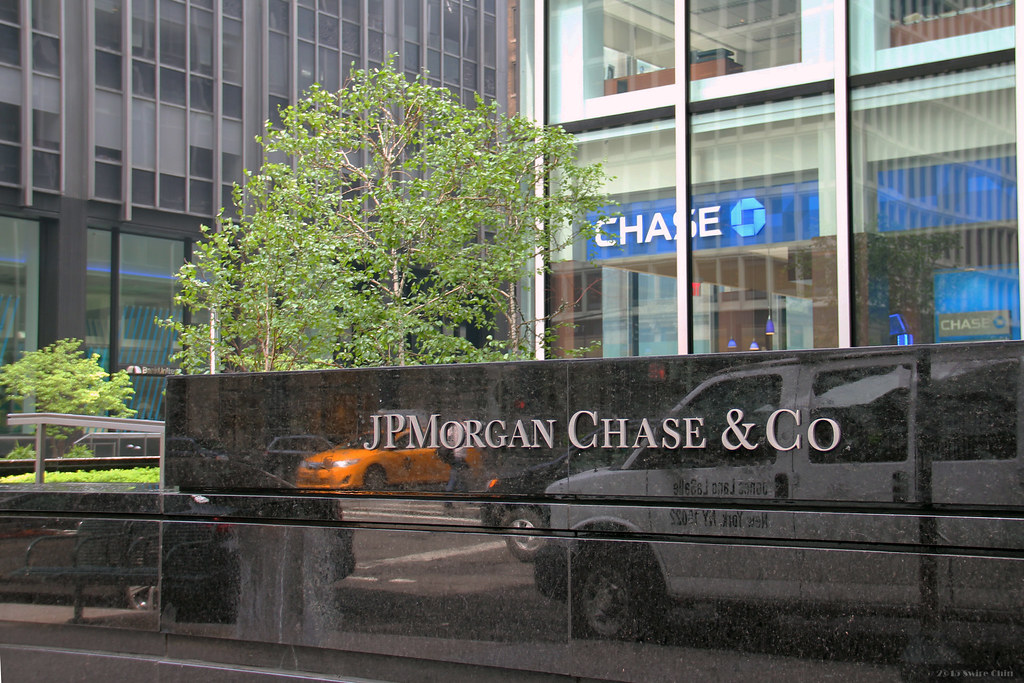
You’d think taking out your own money would be a pretty straightforward deal. But savings accounts have rules—sometimes petty, sometimes pricey. Many banks still limit you to six withdrawals per month from savings accounts (a holdover from the now-defunct Regulation D), and going over that can lead to fees of $5 to $15 per extra transaction.
Worse, if you do it too often, your bank might convert your savings into a checking account altogether—no interest, no chill. As noted by NerdWallet, these fees are easy to avoid… if you remember they exist. But they’re also easy to trigger if you’re managing multiple accounts or budgeting in real time.
In retirement, when income becomes more structured and you’re dipping into savings regularly, this one can sneak up on you fast. Consider using a checking account for day-to-day spending and letting your savings sit pretty. Because no one should be fined for accessing their own nest egg.
4. Overdraft Protection Fees

Ah yes, the “protection” that feels a lot like punishment. Overdraft protection sounds great in theory—it covers you if you accidentally spend more than you have. But in practice? It often means the bank will spot you $10 and charge you $35 for the favor. Sometimes per transaction.
Money.com highlighted how these fees disproportionately affect retirees and fixed-income folks who may not notice small overdrafts until the bank’s already made it rain fees. It’s especially rough if you’ve linked multiple accounts, since the fees can domino across them.
There are alternatives—some banks offer fee-free overdraft protection or low-balance alerts, which can actually help you stay on top of things. But unless your overdraft feature comes with a cape and saves kittens, don’t assume it’s doing you any favors. It’s one of the most expensive “safety nets” you never asked for.
5. Inactivity Fees

Yes, some banks will charge you for not using your account. Welcome to the upside-down. Inactivity fees can kick in if you don’t make a transaction within a certain time frame—usually 6 to 12 months. If you’re retired and just using the account to store emergency funds or travel savings, you could be hit with surprise charges for literally leaving your money alone.
Bankrate points out that these fees are rare, but when they exist, they’re usually buried in the fine print. And since they often affect accounts with low balances, they quietly eat away at the funds you meant to keep safe. It’s like your bank is punishing you for being responsible.
The fix? Either set a calendar reminder to move a small amount between accounts every few months or consolidate to banks that don’t charge this nonsense. You shouldn’t have to babysit your bank account to avoid random penalties. Retirement is for naps, not nickel-and-diming.
6. Paper Statement Fees

Remember when getting a bank statement in the mail was just… normal? Now it’s a luxury apparently, with many banks charging $2 to $5 per month just to send you a piece of paper. It’s like being fined for not being fully digitized, even if you still like to read your financials the old-fashioned way—preferably with coffee and reading glasses. These fees are especially annoying if you never opted into digital delivery but got automatically enrolled.
Worse, the cost adds up over a year—money that could’ve gone toward brunch or a boat tour, not a basic bank function. And while it’s usually easy to switch to e-statements, some retirees prefer paper for record-keeping or accessibility reasons. Unfortunately, banks don’t see it as a service; they see it as an upsell. For something they used to give away for free, it now feels like they’re mailing you invoices for your own money.
Pro tip: if you want to stick with paper, call your bank and ask for a waiver. Some will fold—pun fully intended.
7. Foreign Transaction Fees

So you’ve made it to retirement and you’re finally living that “two weeks in Italy” dream. But surprise! Your bank is tagging a 1% to 3% fee onto every gelato, wine tasting, and Vespa rental. These sneaky charges apply any time you make a purchase outside the U.S.—even online. That cute Parisian scarf? Add a few bucks just for swiping your card.
It might not sound like much, but it stacks fast if you’re living that international jet-set life. And the kicker? Some banks and cards don’t charge these fees at all—but yours might not be one of them. If you’re traveling often or even planning a move abroad, you’ll want to check that fine print. You could be tipping your bank more than your waiter.
It’s like an international “gotcha” tax—and honestly, we didn’t retire for that.
8. Returned Mail Fees

Yes, this is a real thing—and no, it doesn’t make any sense. If your bank tries to send you a statement or form and it gets bounced back (like if you moved and forgot to update your address), they might charge you a returned mail fee. Usually it’s a small charge—$5 to $10—but it feels like salt in the wound.
Because not only did you not get the mail, now you’re getting charged for it. It’s the banking equivalent of “sorry, we lost your pizza and also we’re billing you for it.” These fees are more common than people realize, especially for retirees who travel, split time between homes, or move into senior communities.
A quick address update can help avoid the charge, but it’s still kind of absurd that it exists at all. Just another quiet way your balance dips when no one’s watching.
9. Account Closure Fees
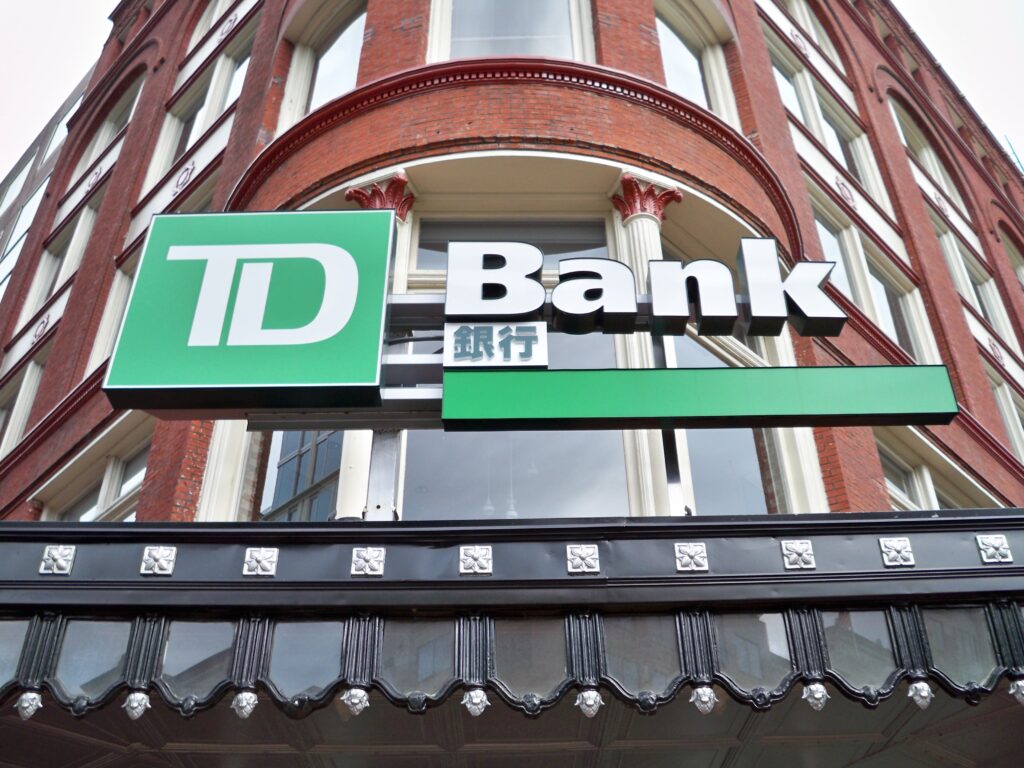
Thinking of switching banks? Better check if they’ll charge you for leaving. Some banks hit you with a closure fee if you shut down an account within 90 or 180 days of opening it—because apparently, commitment issues cost money now. These fees can run anywhere from $10 to $50, and they’re almost always hidden in the fine print.
It’s especially annoying if you opened the account for a bonus or promotion and then wanted to peace out. And if you’re consolidating multiple accounts in retirement, this can catch you off guard fast. It’s like the bank’s way of saying, “Thanks for stopping by—now pay us to leave.”
Just make sure to check the account terms before closing anything, or you’ll be parting with more than just your loyalty.
10. Wire Transfer Fees
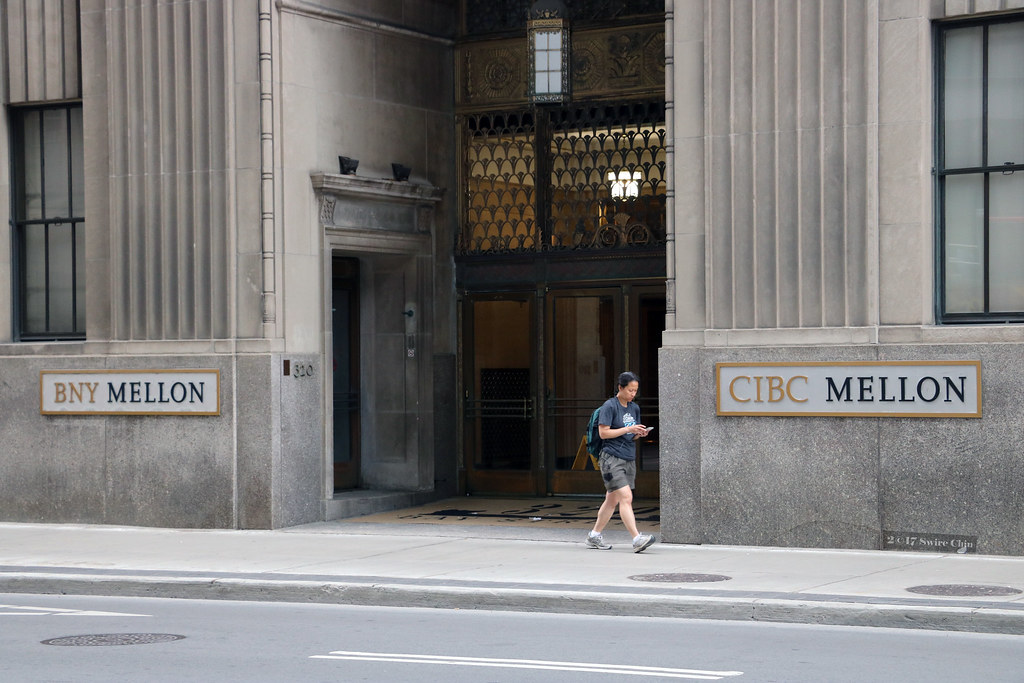
So you want to send a chunk of cash to your kid, your financial planner, or your beachfront rental in Belize? Cool—but get ready to fork over $25 to $45 just to move your own money. Wire transfers are fast, sure, but they’re also ridiculously overpriced for what’s basically a digital nudge. Incoming wires can sometimes cost you too—because apparently receiving money is also a “service.”
If you’re moving large amounts often (think estate planning, big purchases, or real estate), those fees can drain your account faster than you think. There are cheaper options—like ACH transfers or Zelle—but wire transfers still show up when timing matters.
The frustrating part? The fee doesn’t scale. Whether it’s $200 or $200,000, you’re paying the same base charge. Which feels less like a fee, and more like a “thanks for nothing” tax.
11. Stop Payment Fees
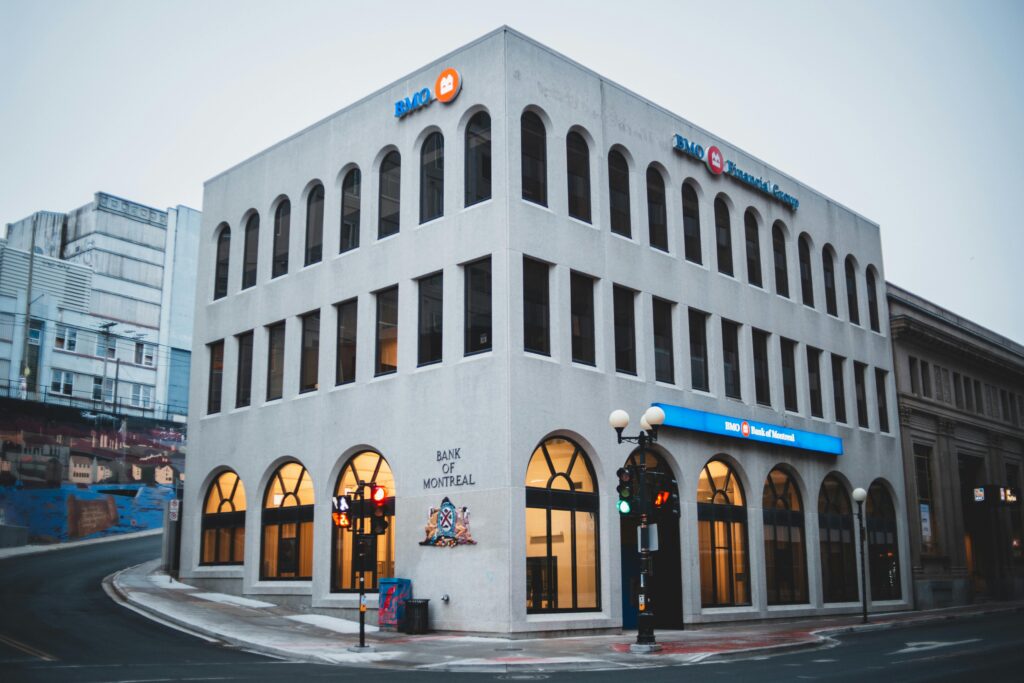
Ever accidentally mail the wrong person a check, or realize your rent check was sent with an extra zero? It happens. But stopping that payment isn’t free—banks typically charge $30 to $40 for the privilege of not letting money leave your account. It’s like paying a cover charge to stay home.
These fees feel especially brutal because they usually pop up during moments of panic or error. No one ever uses stop payment when things are going well. And once you’ve paid the fee, there’s no refund even if the check never clears or gets cashed.
It’s an old-school service that hasn’t gotten any cheaper with time. And in 2025, you’d think we’d have a less painful way to fix a simple mistake.
12. Minimum Balance Fees

This one’s particularly sneaky. Your bank might advertise “free checking” or “no monthly fees,” but that often comes with a big ol’ asterisk: maintain a minimum balance or else. If your balance drops below the threshold—say, $1,000 or $1,500—you could be hit with a $10 to $25 charge for the offense.
Which is wild, considering it’s your money and you’re already letting them hold it interest-free. These fees hit hardest in retirement when income may not be flowing in regularly, and expenses like medical bills or travel might dip you under the line. And you usually don’t know it happened until the fee’s already been deducted.
So you’re being charged for… not having enough money. It’s like financial gatekeeping, and it needs to go.
This article is for informational purposes only and should not be construed as financial advice. Consult a financial professional before making investment or other financial decisions. The author and publisher make no warranties of any kind.








